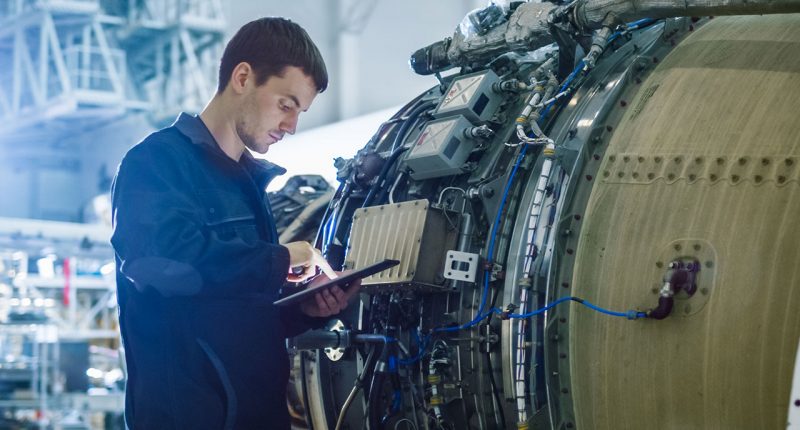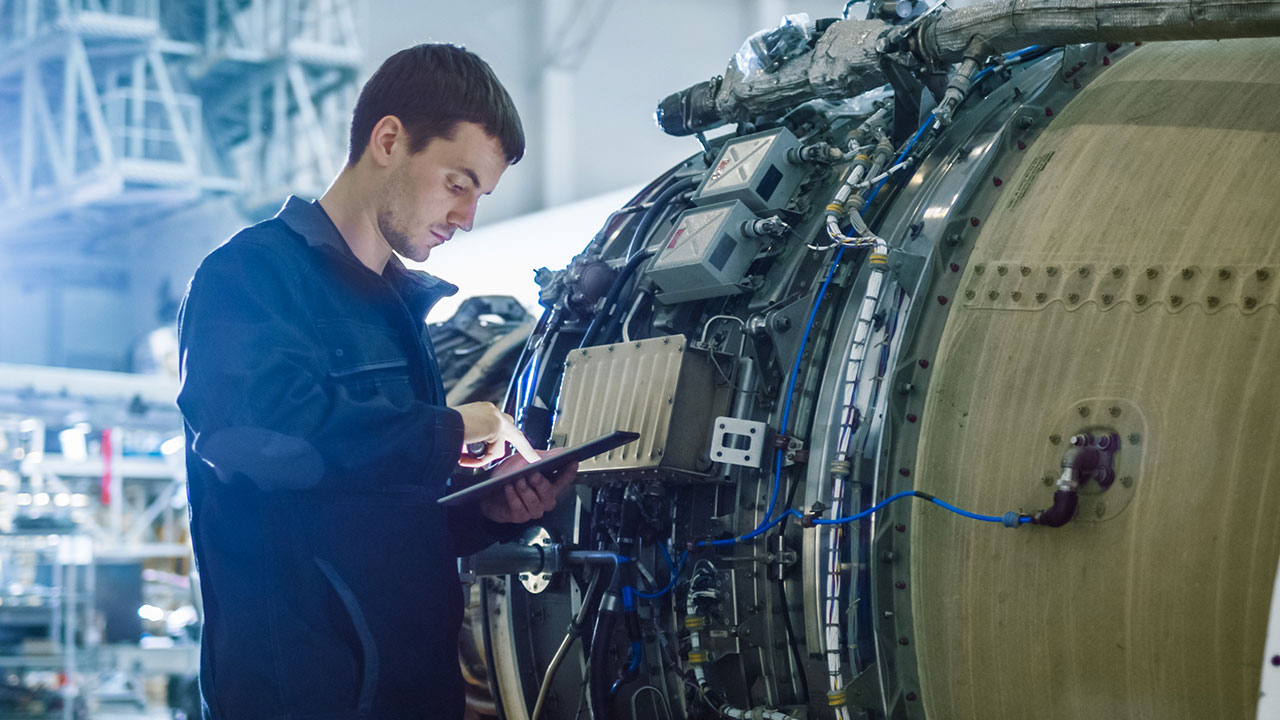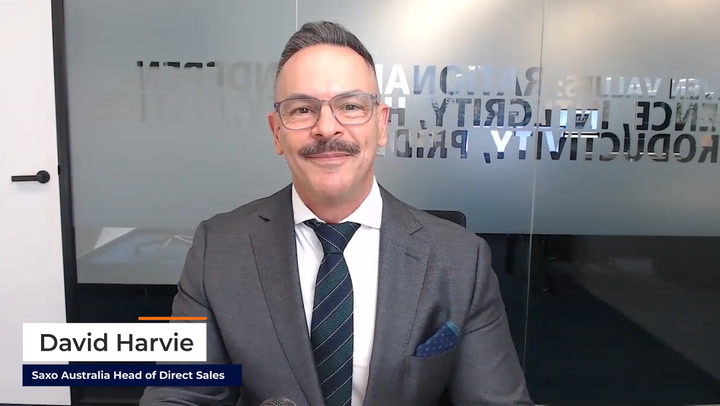- Aircraft tech developer Structural Monitoring Systems (SMN) has reached important milestones in the roll-out of its metal fatigue detection system
- CVM is a real-time monitoring system which tests for the formation of cracks in aircraft bodies, with both laboratory-based and real-world applications
- The company has now received the Stage two FAA Issue Paper (IP), meaning SMN is one step closer to commercial roll-out of the CVM technology
- The company will be exploring relationships with major airlines worldwide while the application process is being finalised
- There is a substantial market for the system across the civil aviation network, given it could streamline testing and maintenance for a wide range of aircraft
- SMN’s financial position and key partnerships are currently looking healthy, despite the global impacts of COVID-19
- Structural Monitoring Systems is up a remarkable 140.4 per cent on the market today, with shares trading for 56.5 cents apiece
Aircraft tech developer Structural Monitoring Systems (SMN) has reached more important milestones in the roll-out of its CVM metal fatigue detection system.
What Is CVM?
CVM is a real-time monitoring system which tests for the formation of cracks in aircraft bodies. It’s been developed for use in both a laboratory environment or on planes in flight.
The laboratory testing equipment is now widely used in facilities within the aviation industry due to its proven reliability and built-in fail-safe properties. A portable unit is available when getting manual access to critical components is difficult, time-consuming and costly.
CVM can also be integrated with an aircraft to provide an in-flight structural health monitoring system (SHM). The technology is able to continuously monitor the development of any cracks in areas on an aircraft that are deemed to have a high risk of crack formation.
The company believes the implementation of this technology will reduce the cost of mandatory structural integrity maintenance inspections, increase aircraft performance, and provide an increase in the safety of air travel generally.
Industry certification
The company has now received the long-anticipated Stage two FAA Issue Paper (IP), meaning SMN is one step closer to the commercial roll-out of the CVM technology globally.
The completion of the IP will effectively pave the way to the all-important Supplemental Type Certificate (STC) approval for on-aircraft use. This means the CVM system could be rolled out to complement or replace the requirement for ground-based hangar inspections – an potentially lucrative market with global applications.
The company can now move on to stages three and four of the approvals process.
In Stage three, the SMN engineering team will review and provide comments and questions to the FAA for the proposed certification requirements outlined by the regulator in the IP document.
Stage four is the final certification process for CVM. The FAA will issue the Supplemental Type Certificate upon final review of the IP, and commercial rollout can then begin. The company estimates this will occur in the final quarter of 2020 – though this may be brought forward if the COVID-19 pandemic proves to have less impact than projected.
The company will also be exploring relationships with major airlines worldwide while the application process is being finalised. There is a substantial market for the system across the civil aviation network, given it could streamline testing and maintenance for a wide range of aircraft – including Boeing 737s and 757s, and the Airbus A320.
AEM operations
SMN’s strategic partner, the North American-based aerospace manufacturer Anodyne Electronic Manufacturing (AEM), has been a great help in expediting the FAA application and approval process. AEM will also facilitate the required increase in production volumes of the CVM system once the product goes to market.
There is potential for AEM business disruption related to COVID-19, but at this stage the pandemic has not impacted AEM’s operations or platform. SMN is in regular discussions with AEM senior management concerning the potential for supply chain, production or customer disruption.
Given the bulk of AEM’s products are in the rotorcraft sectors, and specifically law enforcement, firefighting and military applications, they’re less likely to be commercially affected by civilian airline groundings or major travel-related issues than other manufacturers in the sector.
SMN cashflow and liquidity measures
The company’s board and CEO have carefully reviewed the SMN group’s cash flow outlook for the remainder of the calendar year, in light of the timeframe remaining in 2020 to roll out the CVM system, and the evolving virus situation.
As a matter of prudence, all SMS board members and senior staff have moved to an equity-only compensation structure, and have agreed to pay cuts that will remain in place — if necessary — for the remainder of the calendar year. With the proviso that there is limited disruption to AEM’s business, SMN will be able to self-fund throughout the calendar year, and into 2021.
Structural Monitoring Systems is up a remarkable 140.4 per cent on the market today, with shares trading for 56.5 cents apiece as at 1:50 pm AEDT.








